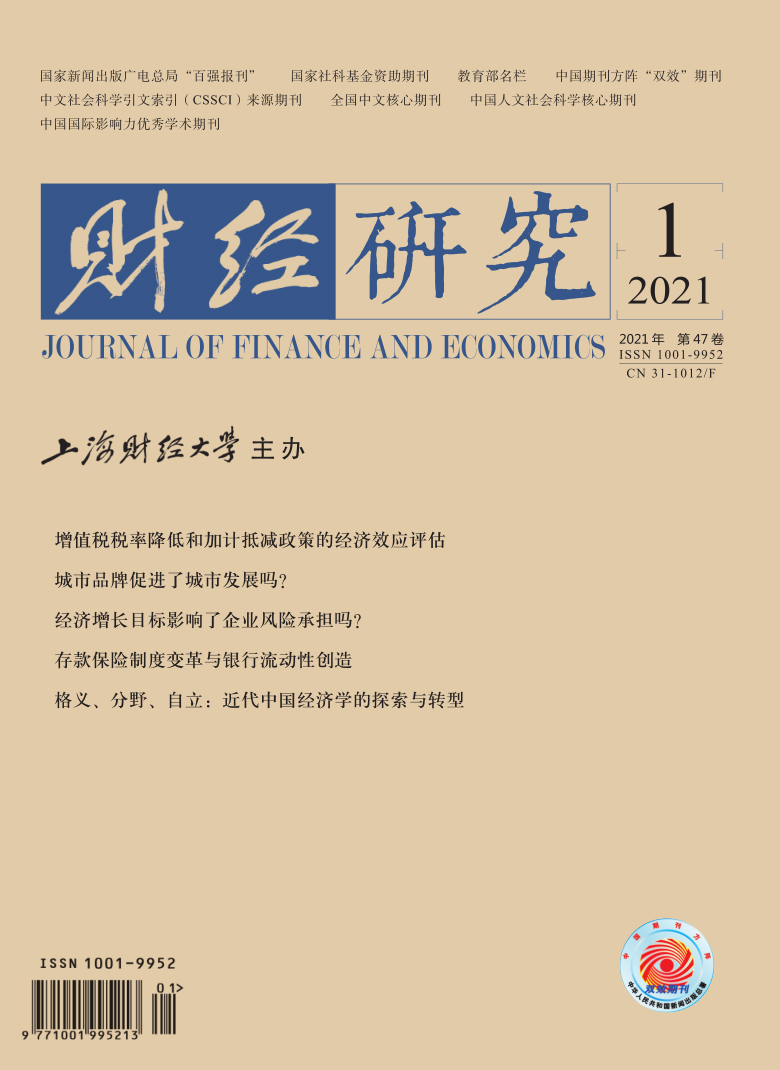In order to guide capital investment and improve the efficiency of resource allocation, the Chinese government has formulated and promulgated a series of industrial policies. However, China’s capital market has the typical characteristics of “policy-driven market”. Industrial policies often lead to sharp fluctuations in investor sentiment in the stock market, and have a substantial impact on enterprise resource allocation behavior and efficiency. Based on the “inefficient” capital market hypothesis, this paper intends to answer the following questions: Do industrial policies cause the fluctuation of investor sentiment in the stock market? What kind of physical impact does investor sentiment have on enterprise resource allocation behavior and efficiency? What is the underlying mechanism?
This paper takes the industries that are not involved in industrial policies as the reference group, and takes the industries that are encouraged to support and restrict as the two groups. The empirical study finds that supportive industrial policies cause the rise of investor sentiment and stimulate enterprise investment, which will aggravate the overinvestment of enterprises and alleviate the underinvestment of enterprises; restrictive industrial policies lead to the decline of investor sentiment and inhibit enterprise investment, which will alleviate the overinvestment of enterprises and aggravate the underinvestment of enterprises. This shows that investor sentiment plays a mediating role in the process of industrial policies guiding resource allocation. Further research shows that the greater the degree of dependence on equity financing or management equity incentive, the more sensitive the enterprise resource allocation is to the fluctuation of investor sentiment, which indicates that the deep mechanism of the influence of investor sentiment on enterprise resource allocation under the exogenous impact of policies lies in that the enterprise has the motivation to rely on equity financing and cater to market sentiment. Finally, on the whole, the impact of investor sentiment on enterprise resource allocation under the exogenous impact of industrial policies results in the damage of corporate value, and there are significant differences in different channels of influence. Capital investment by reducing the cost of equity financing by investor sentiment significantly improves corporate value, while the resource allocation that caters to market sentiment significantly damages corporate value.
This paper may have the following three aspects of innovation and contribution: First, it reveals the role of “exogenous factors” of industrial policies in the formation and evolution of investor sentiment, which helps to understand the impact of public policies on the stock market from the perspective of micro enterprises. Second, based on the limited rationality of investors, it studies the role of inefficient stock market in the process of industrial policies guiding enterprise resource allocation, which will help to understand the relationship among government, market and enterprise. Third, the research results have important policy and practical significance: In the process of using industrial policies to guide enterprise resource allocation, the government should not ignore the intermediate link of financial market’s response to industrial policies, and should pay attention to and effectively use the resource allocation function of “ineffective capital market”.






 8025
8025  11233
11233

